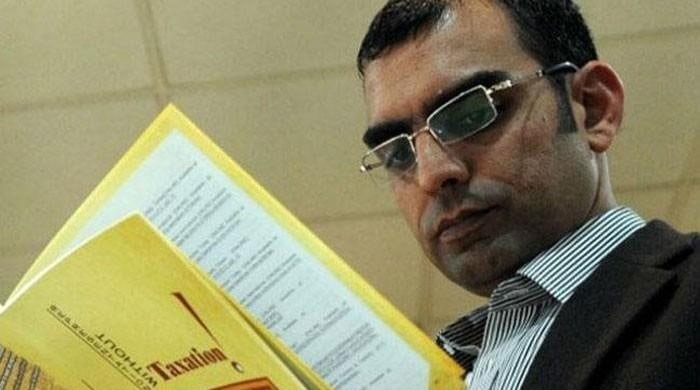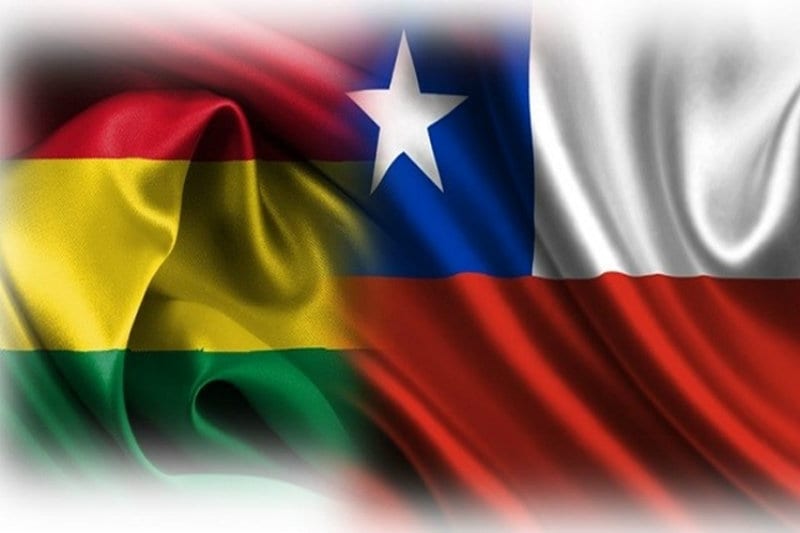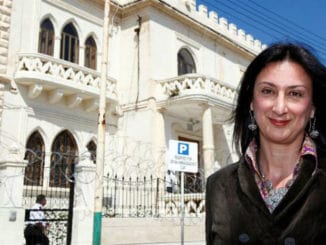
By Mohsin Abbas / Publisher, The Santiago Times
SANTIAGO — In a global initiative – The Tax Disclosure Project – a London-based organization has written letters to 7,000 politicians in 20 countries asking them to disclose their taxes in the best public interest.
All the journalists participating in this initiative have received training or have worked with Finance Uncovered, a non-profit organization operating from London and training journalists and researchers to address issues of tax abuse, money laundering and corruption. These journalists will use a new web platform to ask politicians in their countries to transparent their taxes.
But the real person behind the initiative is Pakistan’s investigative journalist Umar Cheema, a board member of Finance Uncovered and a member of the International Consortium of Investigative Journalists (ICIJ), who is leading the campaign.
In Chile, an e-mail was sent to 120 deputies and 38 senators, and citizens can access a website to join the petition and see what their representative answers.
The e-mail is part of a global campaign launched by prominent journalists from 20 countries – including award-winning professionals from Ukraine, Pakistan and South Africa – who have gathered in London to raise public concern about businesses of elected politicians.
The Finance Uncovered, a growing global network with 207 members in 69 countries, brought together distinguished journalists in London from the countries chosen for launching the first phase of this project. The United Kingdom, Russia, India, Indonesia, Brazil, South Africa, Kenya and Egypt are included in the list of 20 countries.
Among other lawmakers from around the globe, the British organization has urged the Chilean parliamentarians to make their tax declarations transparent. The email says: “We are not accusing him of committing an irregularity or crime, nothing further from our intention. But as a parliamentarian in office we would be grateful if he could answer a series of simple questions that will help in this international quest for more transparency.”
The journalists used a web platform of the project for emailing tax disclosure requests to thousands of politicians in their home countries. More countries will be made part of this campaign in the second phase.
The public will be able to see which politicians have been emailed and which have replied. This is the first stage of the project that will eventually see more countries join the drive.
In 2012, Umar contacted all 446 federal legislators in Pakistan asking them to disclose their tax returns. Only two responded. He then used different formal and informal channels for obtaining access to the tax record of lawmakers. Umar established that around 70% of Pakistan’s lawmakers including the country’s president and 34 ministers did not file tax returns.
The impact of his follow-up report in 2013 was phenomenal. Today every politician in Pakistan makes public his or her tax data. In fact, every Pakistani citizen’s tax details are published annually in a public directory. “It means in this respect, Pakistan is more transparent than the likes of Britain and the US,” reads a press note issued on the eve of inauguration of tax disclosure project.
Today, there are only a handful of countries such as Finland, Norway, Pakistan and Sweden, where elected representatives publicly disclose their taxes.
Umar Cheema who is in London for the inauguration of this project told Geo TV’s Murtaza Ali Shah: “It is the duty of journalists to hold politicians accountable. Nothing is more important than their financial integrity. Without it, they will remain defenders of the interests of the rich. This campaign for the tax disclosures of politicians will bring back what they’ve lost: the public trust. My reports on the taxes of Pakistani MPs resonated with the public. Now all Pakistani politicians and in fact every citizen in my country has their tax information public. As we take this request global the result will be the same.”
In the case of Chile, e-mails were sent to all deputies and senators in office, asking them if they agree with tax transparency and if they are willing to make public their last tax return (see box with note sent). In a few weeks, the web monitoring platform will give citizens the option to participate and insist on the response of their deputies and senators.
Politicians in Chile are not obliged to make public any information about their tax declarations. The probity law (Law 20,880), which will come into force in March, will force 60,000 officials to declare their assets and investments and empower the Comptroller to impose fines on those who deliver false information.
Despite being a breakthrough, the new law leaves several dark areas that the tax declaration could be transparent, especially in the crucial aspect of income sources.
Countries taking part in the Tax Disclosure Project are Argentina, Armenia, Bosnia & Herzegovina, Brazil, Chile, Costa Rica, Egypt, Guatemala, Hungary, India, Indonesia, Kenya, Nigeria, Russia, Sierra Leone, South Africa, Venezuela, Uganda, United Kingdom and Ukraine.
Journalists taking part in the project include award-winning South African journalist, Susan Comrie from amaBhungane, Vlad Lavrov of the Organised Crime & Corruption Reporting Project, Indian journalist and author, Aman Sethi and Sierra Leone journalist and campaigner, Tanu Jalloh.
Nick Mathiason, Co-Director of Finance Uncovered which is behind the Tax Disclosure Project, said: “There is, in our view, a clear and substantial public interest in elected representatives fully disclosing their sources of income and their tax payments. Elected representatives are paid by taxpayers to make decisions on taxation and on how our money is spent on behalf of all of us.”



